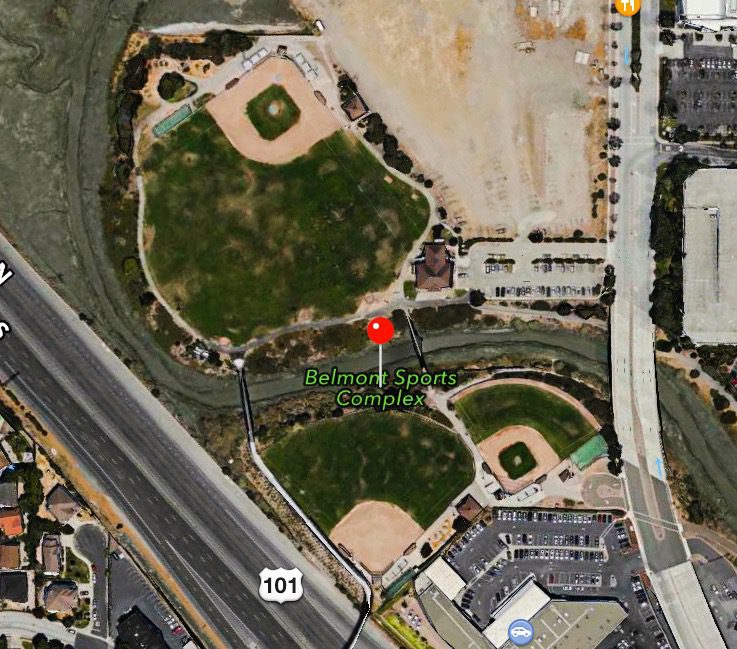BELMONT — The city is looking to become the latest Peninsula community to install artificisl synthetic turf to give sports teams more time to play, although planners may have to rely on the state to fund the project.
Parks and Recreation officials said Monday they could install artificial synthetic turf at the 4-acre north field at the Belmont Sports Complex for $2.3 million. They say the artificial grass would save the city about $1.5 million in maintenance costs over 10 years and give baseball and soccer teams an extra 40 percent of playing time at the city’s largest field.
No one knows yet how to pay for the project. In addition to more traditional fundraising methods such as private donations, the city may seek naming rights to the field or sell ads on a digital billboard. Officials may also tap into a developer’s fund earmarked for park projects; they haven’t yet approached sports groups to ask for higher fees.
Park and Recreation staffers say their best bet could be the state. Officials expect to apply for a $1.8 million grant from California State Parks early next year and will not know the results until September.
The biggest advantage of artificial synthetic fields may be its potential for expanded use. Currently, the city schedules 2,292 hours of play on the field each year and closes it from mid-January through the end of March, said Recreation Division Manager George Brunson. The turf would allow the city to keep the field open year-round and schedule an extra 972 to 1,392 hours of use, he said.
“And a good artificial synthetic turf field can be wonderful in terms of what it can allow the kids to do,” said City Councilman Warren Lieberman, who has spent years as a local sports coach. “I know from experience 10- or 11-year-olds love playing on artificial synthetic turf, and they love playing on it more than playing on grass with the goose poop.”
Parks and Recreation Director Jonathan Gervais said the field sits on Bay mud soils, which get salty, and last year it required 4.5 million gallons of water and $118,000 in upkeep costs. Artificial synthetic turf, by comparison, would cost the city just $3,000 per year to maintain, he said.
“The field is a maintenance nightmare,” Gervais said.
Several Peninsula cities have already welcomed artificial synthetic turf with open arms, seeing it as a way to expand sports use without using more land. But it has polarized San Carlos, where officials spent about a decade debating the topic and plan to install the artificial synthetic turf soon despite a lawsuit that a group of residents filed against the city earlier this year.
“I’m sure there may be opposition to it (in Belmont), but I don’t see the type of opposition that San Carlos had,” said Brunson, citing the availability of parking and lack of homes around the Belmont Sports Complex.
There have been other concerns associated with artificial synthetic turf, however, including injuries, health issues and overheating. Gervais said the city would not use crumb rubber made from tires in its turf, which should address health and overheating questions raised in some research.
Lieberman said he doesn’t think the turf would pose an injury risk to children.
Source: The Mercury News, 11/30/2009


